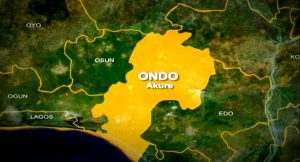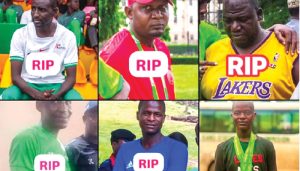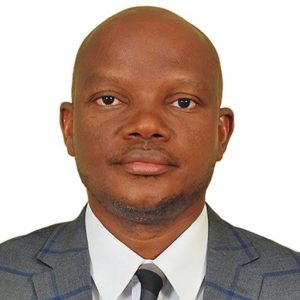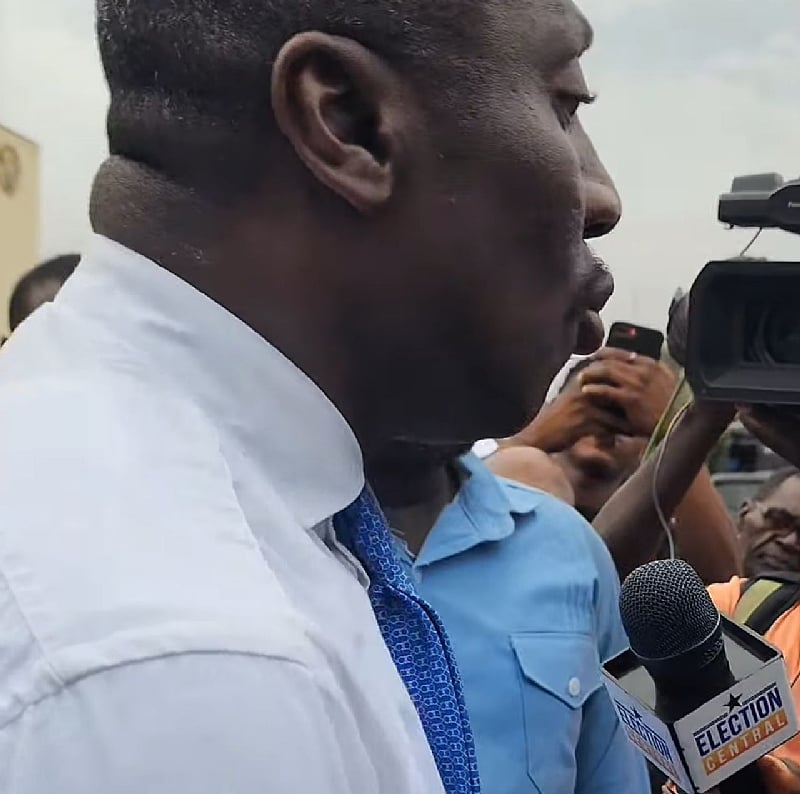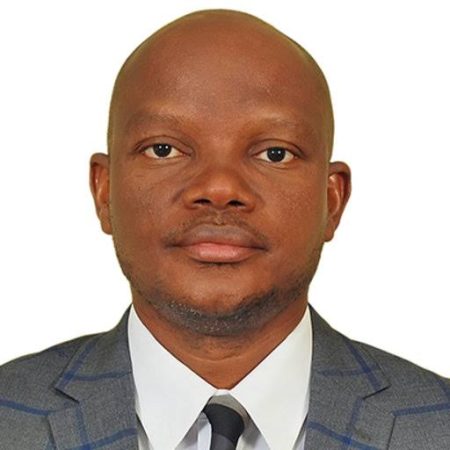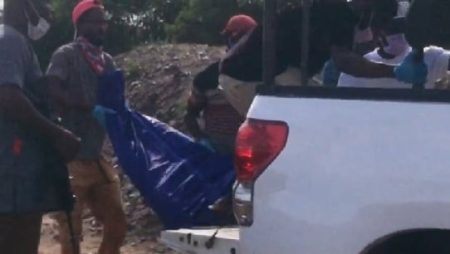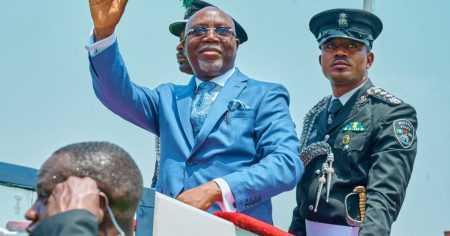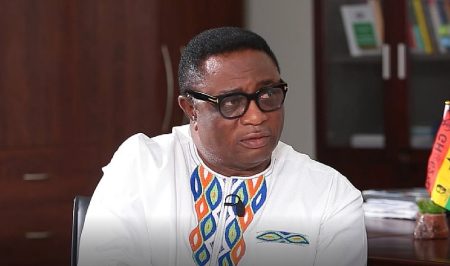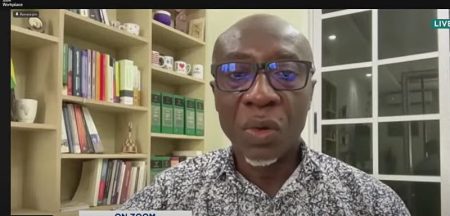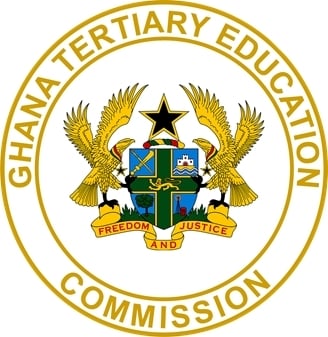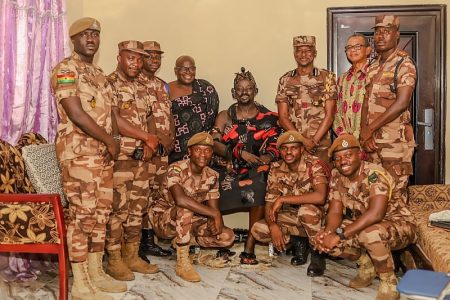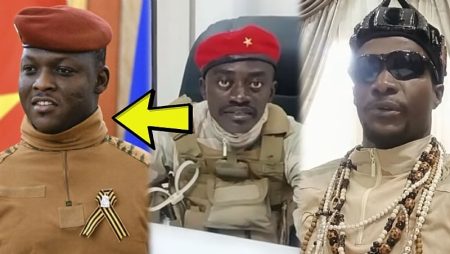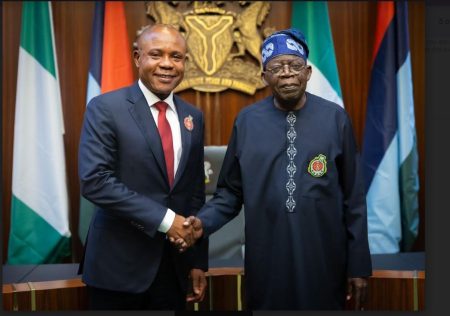The political landscape in Ghana has been ignited by the arrest of Bernard Antwi Bosiako, widely known as Chairman Wontumi, the Ashanti Regional Chairman of the ruling New Patriotic Party (NPP). His detention by the Economic and Organised Crime Office (EOCO) has sparked a fierce backlash from the NPP’s parliamentary minority, who have accused the government of political persecution and vowed to disrupt parliamentary proceedings until their chairman is released. Wontumi’s arrest followed a two-day interrogation by the Criminal Investigations Department (CID), culminating in his transfer to EOCO custody. The subsequent bail conditions, set at GHS50 million with two sureties, have been condemned by the NPP minority as exorbitant and designed to prolong his detention despite his reported ill health.
The Minority’s protest has taken a two-pronged approach. They have boycotted parliamentary sessions, effectively stalling legislative business, and staged a demonstration at EOCO headquarters, demanding Wontumi’s immediate release. Their actions, led by Minority Leader Alexander Afenyo-Markin, underscore the deep political divisions within Ghana and the escalating tensions between the ruling National Democratic Congress (NDC) and the opposition NPP. Afenyo-Markin has framed the arrest as a politically motivated attack, suggesting that the NDC is using state institutions to target political opponents. He has warned the government of potential repercussions, emphasizing the transient nature of political power and the possibility of future roles being reversed.
The GHS50 million bail requirement has become a focal point of the controversy. The NPP minority argues that this amount is excessively high and effectively serves as a denial of bail, given Wontumi’s circumstances. They view it as a blatant attempt to keep him incarcerated and further allege that his health is deteriorating in custody. This has amplified their accusations of political persecution, painting a picture of a government abusing its power to silence dissent and intimidate the opposition. The minority’s boycott of parliamentary proceedings further underscores their commitment to this issue, signaling their willingness to disrupt the functioning of government until their demands are met. Their presence at EOCO headquarters reinforces this message, turning the legal proceedings into a public spectacle of political protest.
Afenyo-Markin’s rhetoric has been particularly pointed, accusing the government of hypocrisy and urging them to consider the potential consequences of their actions. He has invoked the principle of reciprocity, warning that the current government’s treatment of political opponents could set a precedent for future administrations. This serves as a reminder of the cyclical nature of political power and the potential for future reprisals. His threat to sleep at EOCO headquarters alongside Wontumi is a dramatic gesture, highlighting the minority’s unwavering support for their chairman and their determination to escalate the protest if necessary. This tactic aims to keep public pressure on the government and maintain the issue in the national spotlight.
The stand-off between the NPP minority and the government represents a critical juncture in Ghanaian politics. The minority’s actions, though disruptive, underscore the importance of upholding democratic principles and ensuring the fair treatment of all citizens, regardless of political affiliation. Their protest highlights concerns about the potential misuse of state institutions for political ends, a development that could undermine public trust in the justice system and erode the foundations of democratic governance. The exorbitant bail demand for Wontumi has become a symbol of this perceived injustice, fueling accusations of political persecution and raising questions about the government’s commitment to due process.
The ongoing protest has the potential to significantly impact Ghana’s political stability. The minority’s boycott of parliament disrupts the legislative process, hindering the government’s ability to effectively govern. This stalemate could lead to further escalation of political tensions and potentially spark wider unrest. The situation calls for a measured response from both sides. The government must address the concerns raised by the NPP minority regarding the perceived excessive bail conditions and ensure that Wontumi receives appropriate medical attention while in custody. Conversely, the minority should consider alternative forms of protest that do not impede the functioning of parliament, allowing for dialogue and a peaceful resolution to the crisis. The future of Ghana’s political landscape may depend on the ability of both parties to navigate this delicate situation with restraint and respect for democratic principles.


